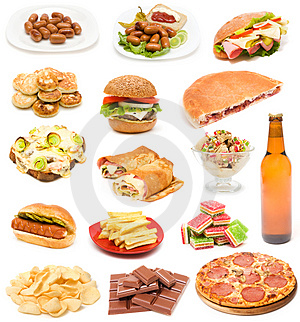I chose both the video “Video Pirates: The Bane of Hollywood” by 60 Minutes and the article “Copyright Neglected” by Newsweek because the problem of copyright concerns me directly – I consume digital content everyday. Really, I work in software domain, I use a variety of software at work, I chat with friends on my laptops and mobile phone, I watch movies, I listen to a music in the car and in the street (thanks to iPod). And this is really cool because I choose what and when I want to see and listen to.
On the other hand, there is a stumbling block, namely copyright law, that restricts the free use of digital content: images, sounds, videos and so on. The problem is very complex, and I doubt that we could find a comprehensive solution in the near future. At the same time, we can see some good consequences of the “consumers vs providers” battle.
Let's take a look at the musical industry. Hardly could we imagine yesterday that nowadays we would be downloading new albums of the most famous rock bands directly from the Internet for free! I am not talking about the piracy now: some pop stars, like Radiohead or George Michael, allow us to do it. It is legal and it is logic. The fact is that any digital content can be copied and transferred very easy. From my point of view, those musicians got the point and do not try to struggle against the stream but let the people do what they are doing actually. Where is their profit? If you like the product (music), you can pay as much as it is worth to you. Fair enough! This is exactly like vagabond minstrels made their bread in old good times.
Yes, I got the music for free, I have listened to it countless times for free but finally, I bought a ticket for the concert, and, I guess, it covers all the band's costs of its production.
Sure, this is only on aspect of the problem. But anyway, this fight between digital content providers and its consumers should be transformed into a set of agreements between creators and promoters (OK, arts people and sales people.) Creative people are supposed to be creative, consumers are intended to pay and enjoy; thus, it is a sales men's task to make all the parties happy without putting anybody behind the bars.




